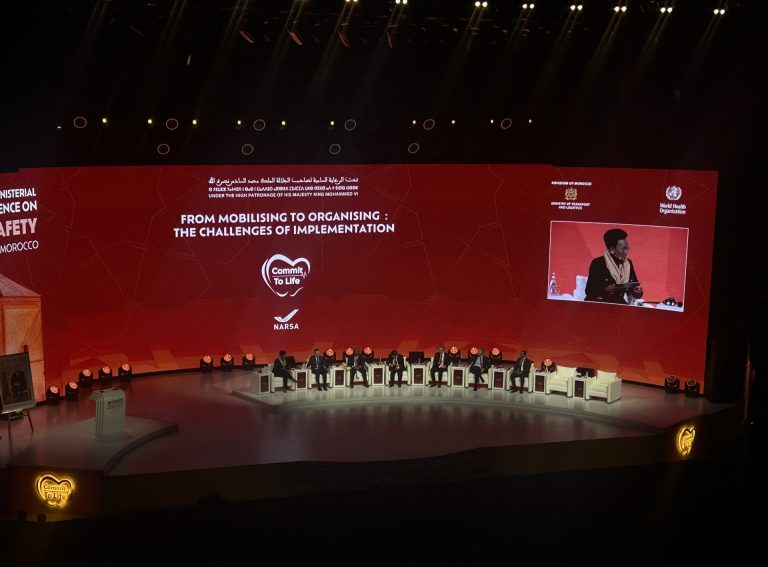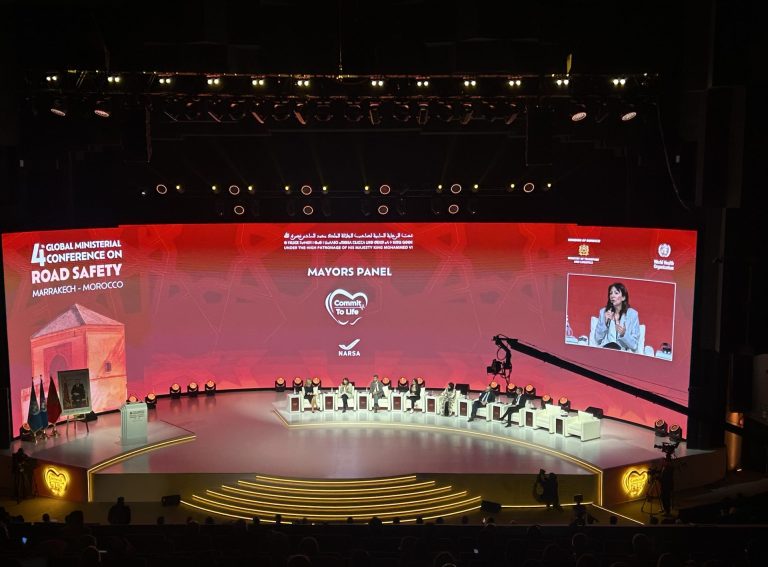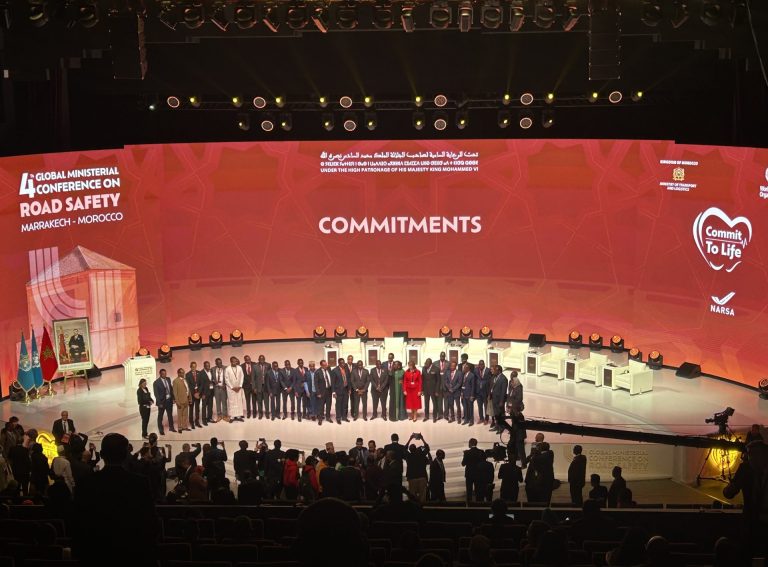The Institute for Transportation and Development Policy (ITDP) and the FIA Foundation have called for COP28 UAE delegates to further invest in active mobility.
This call to action follows a report from global coalition PATH (Partnership for Active Travel and Health) which found that most of the 197 UNFCCC governments undervalue the impact of safe pedestrian and cycling environments.
Titled ‘National Policies for Walking and Cycling in all 197 UNFCCC Countries’, the report revealed that just 52 countries have incorporated active travel into their Nationally Determined Contributions (NDCs).
“It is clear that we still have a long road ahead if the UNFCCC parties are to make real, tangible progress towards the goals of the Paris Agreement,” ITDP CEO Heather Thompson told Zag Daily.
“We want to see more of an emphasis on the role of sustainable transport and active mobility in the broader COP28 agenda, with measurable and actionable strategies put forth by the COP28 Presidency and delegates.
“Specifically, we need more recognition of the importance of compact city planning, walking, and cycling combined with vehicle electrification as essential climate solutions.”
During an ITDP side-event at COP28 UAE, Heather highlighted the need to invest in walking and cycling infrastructure alongside partners from the PATH Coalition, FIA Foundation and the World Bank. However, Heather believes there’s much more to be achieved from the climate conference, particularly with the significance that COP28 has this year.
“COP28 marks the first Global Stocktake of the progress countries have made towards the Paris Agreement targets,” Heather said.
The Global Stocktake assesses where the UNFCCC countries stand in relation to meeting the goals of the Paris agreement.
“It is clear that while solutions exist we are still facing a rapidly growing crisis that disproportionately impacts the regions with the least resources.
“This moment serves to further demonstrate the importance of creating more sustainable, equitable transport infrastructure in urban areas, which can only be achieved by drastically reshaping the ways in which our cities are designed and how people move around them.”
PATH’s Open Letter
Following the findings of its report, PATH urged for walking and cycling to be further prioritised in an open letter to the UNFCCC, governments and negotiators of the COP28 climate conference.
Composed of more than 400 sustainable mobility organisations, PATH is coordinated by the FIA Foundation, Walk21, the European Cyclists’ Federation and the UN Environment Programme.
The Danish Cyclists’ Federation is one member organisation that signed the open letter.
“Cycling is always under-prioritised and underestimated when we talk about reducing CO2 emissions,” CEO of the Danish Cyclists’ Federation Kenneth Øhrberg Krag told Zag Daily.
”Most governments have been unable or simply unwilling to seize the opportunity that active mobility can decarbonize transport. In Denmark, we find that cycling is not taken seriously enough when major political agreements on transportation are made. In the most recent agreement, DKK 160 billion (£18 billion) was set aside for infrastructure investment. Only 1.86 % of this was set aside for cycling.
“We must demand that the necessary investments are made to promote cycling, and this means far, far greater investments than today.”
The open letter also encourages governments to use PATH’s Active Mobility Policy Template, which aims to assist them in developing more efficient national walking and cycling policies in their NDCs. This includes 20 actions which concern infrastructure, campaigns, land use planning, integration of active travel with public transport and capacity building.
“While vehicle electrification efforts are certainly important and have taken much of the spotlight in transport, we also need to ensure that cities are safe, accessible, and designed with walking and cycling as priorities,” Heather said.
“These are inexpensive, fast solutions which we need given the urgency and financial challenges we’re facing worldwide. More UNFCCC countries need to develop and expand resources and guidance for their cities to enhance infrastructure for pedestrians, cyclists, and public transport systems rather than private vehicles.”




